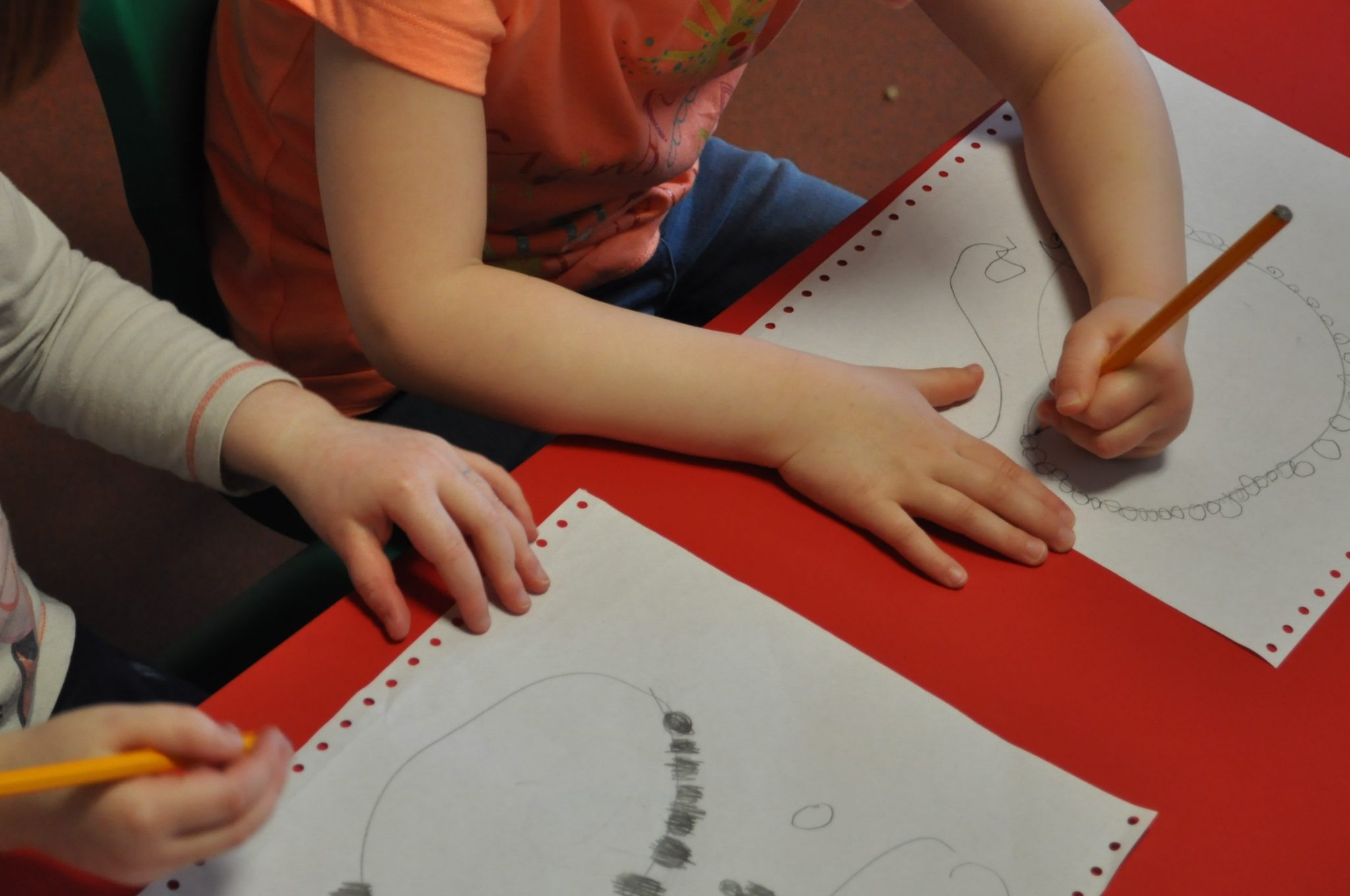
The damage caused by teaching children to write too early
They’re many split opinions on early hand writing skills amongst early year’s practitioners and parents. Many parents believe a child should be writing their names and other short words in order to be ready for the school transition. Many practitioners also share this belief and along the way have lost sight of best practice and what the EYFS is actually telling us in the development matters framework.
Let us look at the initial reason’s early years practitioners should not be teaching children to write….
- Most children simply are not ready
- The majority or early years practitioners are not qualified teachers and therefore do not have the correct training to teach writing
- The EYFS does not at any place encourage early year’s practitioners to teach children to write.
- The EYFS is a play based curriculum which leaves little space for formal teaching of writing, especially in preschool
- As practitioners, we should be advising parents on what a school ready child looks like and when children should be school ready (End of reception class) rather than ready for the transition to school (End of preschool)
- Teaching children incorrect letter formation means at school this has to be undone in order to teach children the correct way, this slows down the learning process and causes confusion
- Teachers have a specific curriculum to follow in order to effectively teach children to form letters and to write, many practitioners have not seen this side of the EYFS curriculum
- Recognising letters, understanding phonics and beginning to read all need to be achieved in order for a child to write, many of these skills are not held by a child in preschool
- The teaching of phonics incorrectly often does more harm then good and as discussed above causes confusion for children when they start reception and can hinder their development
Although practitioners and parents should not be specifically teaching children to write, there are plenty of skills and activities that can and should be completed to support writing skills when a child start schools. Some of these things include…
- Physical skills – Gross motor and fine motor
- Mark Making – Pencils, pens, felt tips, whiteboards, chalk, paints with sponges, brushes and fingers etc.
- Hand-eye coordination
- Access to written words including their names – Name tags, books, labels, word sheets
- Extend vocabulary through songs, rhymes and stories
- Manipulative skills such as playing instruments, Scissor skills, playdough, clay
- Encourage all children to actively learn, play and explore and create and critically think
- Follow all children’s interests
- All of the seven areas of the EYFS should be promoted
The more opportunity the children are given to learn the above skills, the better prepared and easier they will find it when it comes to being ready to write their names and other labels. A child will not be any more ready for the school transition because they are able to write their name. As practitioners the best thing you can do is give children time to develop skills through play and educate parents along the way about what is expected of a child starting reception.